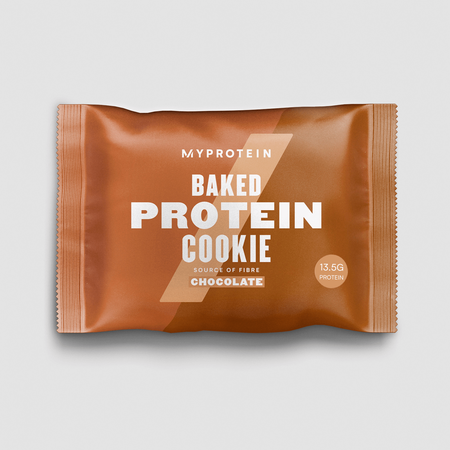BMR: What Is My Basal Metabolic Rate?

What is BMR?
BMR, or basal metabolic rate, is the number of calories your body needs to accomplish its basal (most basic) life-sustaining functions.
To give it its full scientific description, basal metabolic rate (BMR) is the amount of energy expended while at rest in a neutrally temperate environment. In simpler terms, the number of calories you require over a 24-hour period without the inclusion of movement of any kind or through the digestion of food.
If you’ve ever wondered what BMR accounts for, it’s the energy required to maintain vital organs such as the liver, brain, heart, lungs, kidneys as well as muscle mass and skin. Around 70% of the overall calories you require are burnt purely for the above basal processes. Another 10% are used for maintaining body temperature and digesting food. That means only 20% of the calories we require overall are burnt during movement.

How to calculate your BMR
BMR is dependent on factors such as age, height, weight, sex and lean muscle mass. You can calculate your BMR here.
To calculate your BMR, you can use the following formula:
Can I eat fewer calories than my BMR?
Chronically eating fewer less calories than your BMR can be very detrimental to your health. Low energy availability can lead to disordered eating, fatigue, hair loss, increased healing time from injuries, reduced bone density (meaning increased likelihood of fractures), and low mood. Chronically low energy availability also affects hormone production and can lessen the production of key hormones like testosterone.2
On top of these health risks, if you eat below your BMR for an extended period of time, your body’s metabolism will start to slow down.2 This will make it harder for you to lose weight long term and ultimately stall progressive changes in body composition.
How do I set my calories?
Remember, on a simple level, it’s all about calories in, calories out.
As individuals we all have our own calorie requirement to maintain our current weight, not just at a BMR level but also depending on how many calories we expend through exercise and day to day movement.
So, setting your calories will depend on what your exercise level is, as well as your BMR, and what your goals are too.
If your primary goal is muscle growth or fat loss, focus should be placed on increasing overall muscle mass. The more muscle mass we have, the higher our calorie requirements, which naturally leads to an increase in fat loss.1
If you’re serious about getting results, you ought to be predominately lifting weights through big progressive movements such as squats, deadlifts, presses etc., whilst also feeding your body correctly, taking note of your own specific BMR and overall calorie needs.
Upping your steps and cardio activity is also a key element when you're trying to lose weight, to increase your calorie deficit.
If you're looking to learn more about calculating the right calorie deficit for you, use the article below.
Take Home Message
Interested in more expert nutrition advice?
READ THESE NEXT:










